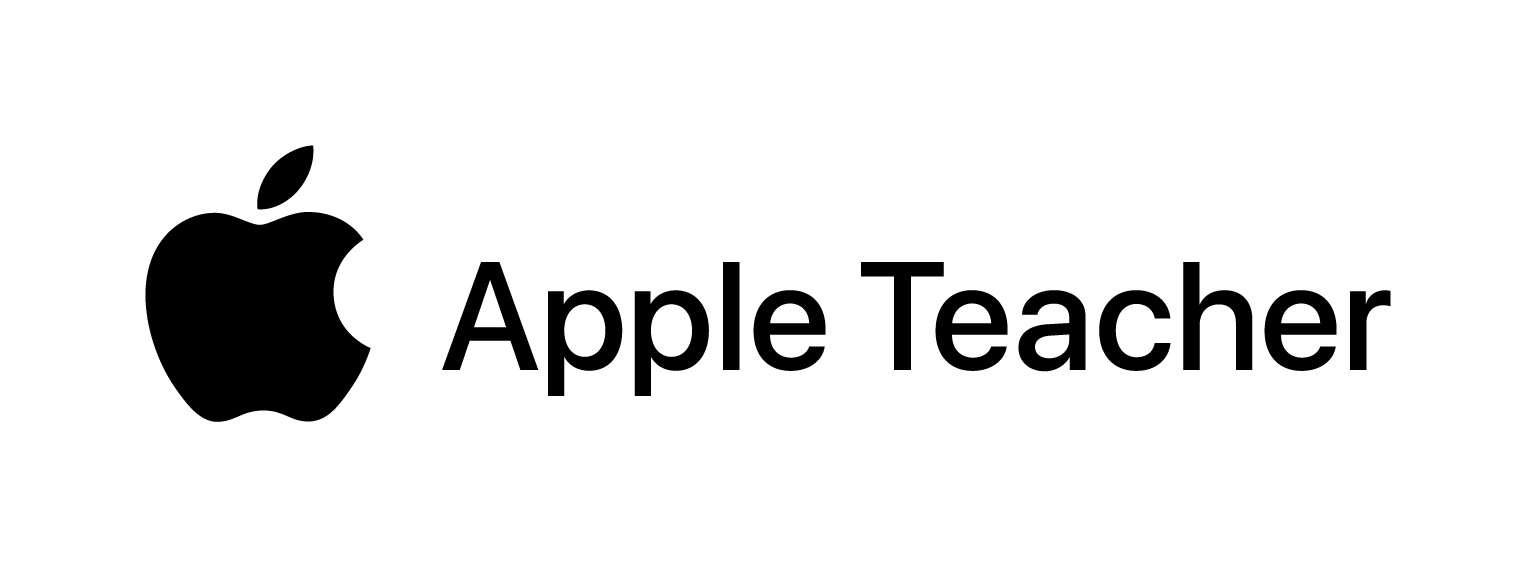 At the end of May, Jisc invited Dan Derricott and I to attend an innovation workshop at the University of Birmingham. In University of Lincoln student engagement spirit, we brought along a University of Lincoln student, Sam Biggs ( @SLBiggs1993) to act as an expert in the student experience.
At the end of May, Jisc invited Dan Derricott and I to attend an innovation workshop at the University of Birmingham. In University of Lincoln student engagement spirit, we brought along a University of Lincoln student, Sam Biggs ( @SLBiggs1993) to act as an expert in the student experience.
What others thought
- Eric Stoller – Educational consultant, writer, and speaker
- Dave White – University of the Arts London, Head of Technology Enhanced Learning
- George Munroe – Jisc, Subject specialist (systems, tools and information management)
- Sheila MacNeil – Glasgow Caledonian University, Senior Lecturer in Blended Learning
- Peter Reed – University of Liverpool, Lecturer in Learning Technology
There were very few details about the workshop, so we didn’t really know what to expect. Jisc were vague in their description that there would be “no agenda, no presentations, just a few primers… bring people together to talk about what is possible, what the trends are and see if there are any potential projects in amongst the ideas.”
Once we had arrived and settled, Lawrie Phipps ( @Lawrie), Senior Co-design Manager at Jisc explained the aims of the workshop were to get key people from the education sector in a room and to see what we came up with. It was a chance to be really radical with our thinking and push the boundaries of our thinking about the education system.
After two days of idea seeding, pitching, group forming, discussions, and an earth-shattering number of Post-It notes, it became clear that being innovative is really hard. Even though we were given a blank slate, to be truly radical posed many more questions than we were able to answer over the two days. Most of the suggestions were incremental improvements of existing systems.
Now, that is not to say that incremental changes do not have their worth. The iterative process of development is incredibly effective in creating excellent systems and products, it is how the likes of Facebook and Twitter update their websites and apps with new services and features. However, a true revolutionary shift would need a complete rethinking of Higher Education.
 A particular interesting topic was the removal of structure from education. It was proposed that Higher Education should move away from certainty and agreement, and operate on the edge of chaos. Peter Reed from University of Liverpool discusses these ideas in more detail here. This shift would lead HEIs towards a more problem-based approach to teaching, greater flexibility for students, and increased student voice and participation; this is a direct correlation with our own Student As Producer ethos.
A particular interesting topic was the removal of structure from education. It was proposed that Higher Education should move away from certainty and agreement, and operate on the edge of chaos. Peter Reed from University of Liverpool discusses these ideas in more detail here. This shift would lead HEIs towards a more problem-based approach to teaching, greater flexibility for students, and increased student voice and participation; this is a direct correlation with our own Student As Producer ethos.
Other important topics of discussion included:
- The student voice – involving students in the decision-making processes (something we are a sector leader in)
- Being more technology agnostic – allow greater freedoms to use the best software for a task, rather than the institutionally-supported one
- The development of digital literacies and capabilities will become more and more important
- The understanding that learning doesn’t just take place within a lecture hall or seminar room – flexible spaces, including virtual, are vital in the learning processes of students
- Student feedback – this focussed around the ideas of anonymous crowd-sourced comments, like YikYak
In conclusion, it is really difficult to be innovative! However, it was reassuring that the problems we have identified here are replicated across the country, and that we are further along in dealing with them than many institutions. Sam, our student, was really involved in the discussions and his insight and perspective was particularly valuable.


